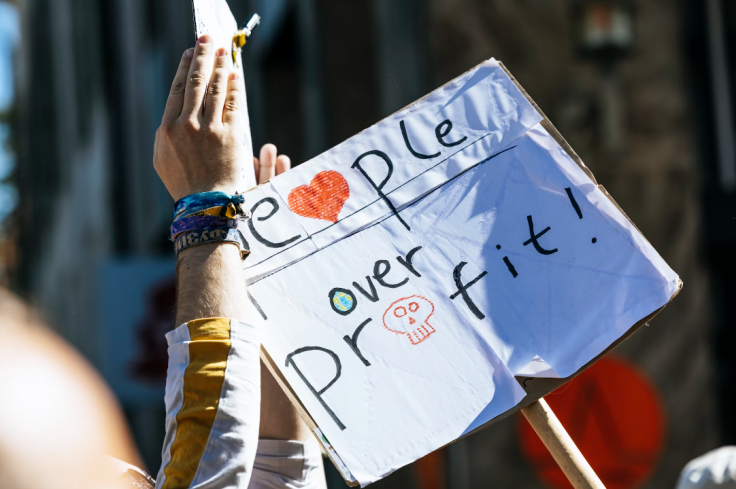In the pulsating landscape of contemporary theater, Jen Silverman's off-Broadway play, "Spain," unfolds a gripping narrative that resonates profoundly with our tumultuous times. Set against the backdrop of 1936, the play explores the ethical conundrums faced by two filmmakers commissioned by the KGB to produce a feature film on the Spanish Civil War, delving into the complexities of disinformation, fake news, and moral ambiguity in pursuit of a just cause.

Fraught Relationship Between Art and Propaganda
At its core, "Spain" delves into the intricate dance between art and propaganda, raising poignant questions about the boundaries of creative expression in the service of political ideals. In an era marked by equivocal leadership and polarized ideologies, the play prompts reflection on the precarious relationship between artistic integrity and the seduction of propaganda.
In an age where scholarly pursuits increasingly intersect with activism, the play's thematic exploration finds a parallel in the academic realm. Many young scholars aspire to be scholar-activists, seeking to amalgamate academic expertise with political engagement and social justice advocacy. However, this pursuit raises a crucial question: how can scholars maintain rigorous academic standards without descending into mere agitprop?
In a recent interview, literary critic Stanley Fish cast doubt on the feasibility and desirability of scholars assuming the role of activists. Arguing for the roles of scholar-teachers and scholar-critics, Fish emphasizes the importance of treating political issues analytically within the classroom rather than advocating particular agenda.
READ ALSO : UN Flags Opportunity To Transform French Educational Inequality Into Catalyst For Progress
Scholar-Activism in the Social Media Era
The advent of social media has provided scholar-activists with unprecedented reach, allowing them to communicate directly with broad audiences. Heather Cox Richardson's Substack newsletter, "Letters from an American," exemplifies this trend, offering historical perspectives to over 1.2 million subscribers. While such engagement can be valuable, it also underscores the potential challenges of balancing scholarship with activist agendas.
Examining Erika M. Bsumek's "The Foundations of Glen Canyon Dam" reveals a nuanced approach to engaged scholarship. Bsumek's environmental history meticulously examines the construction and impact of the dam, addressing cultural erasure, displacement, and indigenous agency. This work exemplifies how scholarship can contribute to activism while maintaining academic rigor.
While acknowledging the inherent political nature of academia, scholars must grapple with the challenge of maintaining objectivity and integrity. The push for openness about sources, evidence, and research methodologies becomes crucial as scholars express their value commitments. The tension lies in acknowledging the political nature of knowledge production while upholding scholarly excellence.
Political Tapestry of Academia
Recognizing the political dimensions within academia, including governance, curricula, and hiring practices, is essential. While certain fields may overtly embrace political perspectives, all research, even seemingly apolitical, can have far-reaching political implications. Navigating this intricate tapestry requires a commitment to scholarly excellence without succumbing to partisan inclinations.
In its essence, the academy must be a space apart-open, fair-minded, argumentative, and contentious. Balancing these qualities is challenging but vital to offering more than mere partisanship. Upholding academic integrity, rigor, and broadmindedness ensures the academy's enduring relevance and public support.
In a world where the boundaries between scholarship and activism blur, the nuanced dance between art and propaganda in "Spain" becomes emblematic of the delicate balance scholars must strike as they navigate the complex terrain of engaged scholarship.
RELATED ARTICLE : Failed Contract Negotiations At CSU Push Faculty To Strike
© 2025 University Herald, All rights reserved. Do not reproduce without permission.








